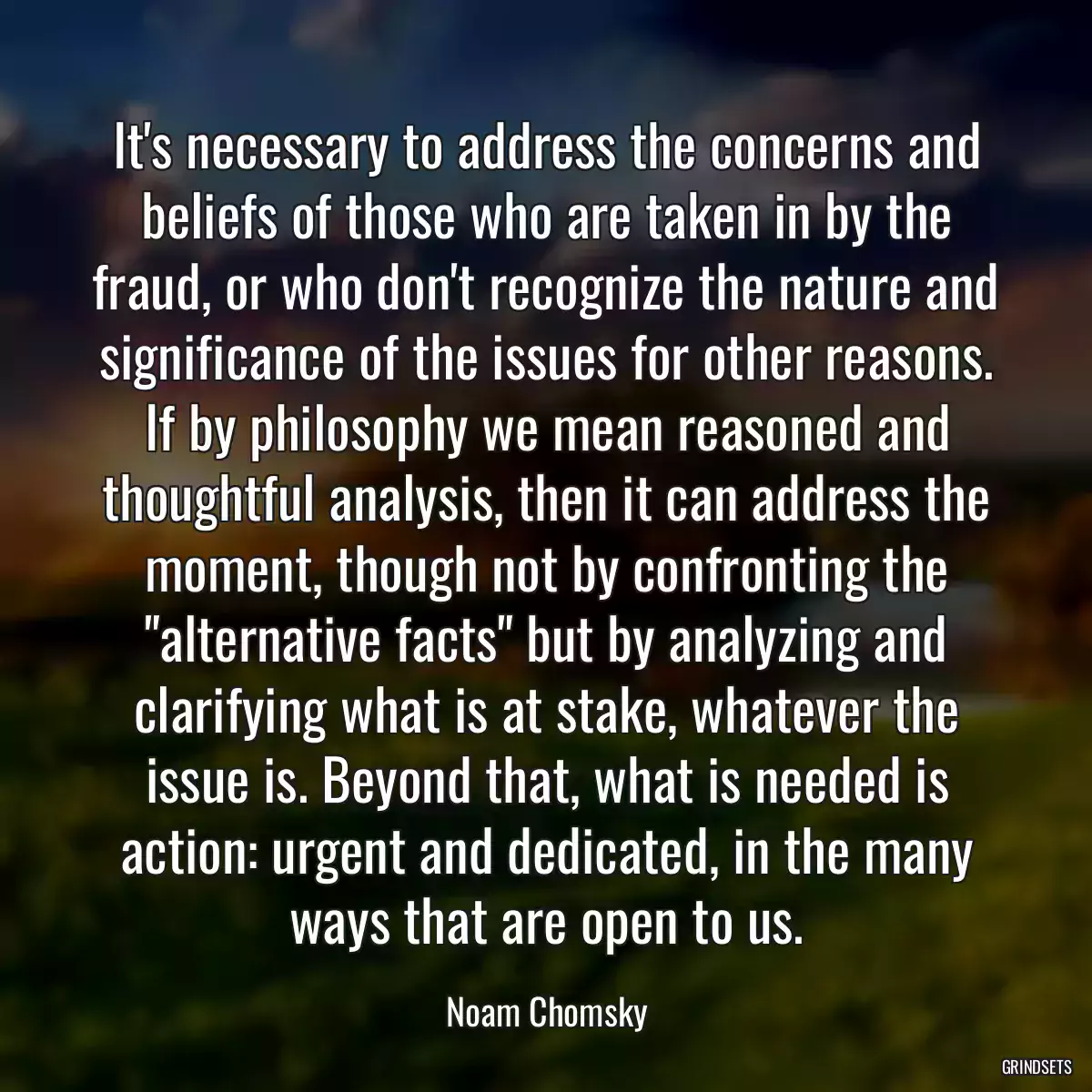![There\'s an interesting question, whether the anarchists had alternatives [in Spain]. If they did tend to support the government that had been destroyed, what were the alternatives? There was actually a proposal by Camillo Berneri, an Italian anarchist who was in Spain at the time, which is not a crazy notion in my opinion. He opposed participation in government and was against the formation of an army, meaning a major army to fight [Francisco] Franco.](/fotos/41/419c45bf0e0b7bb49f93a0c92943dfc8.webp)
There's an interesting question, whether the anarchists had alternatives [in Spain]. If they did tend to support the government that had been destroyed, what were the alternatives? There was actually a proposal by Camillo Berneri, an Italian anarchist who was in Spain at the time, which is not a crazy notion in my opinion. He opposed participation in government and was against the formation of an army, meaning a major army to fight [Francisco] Franco.

